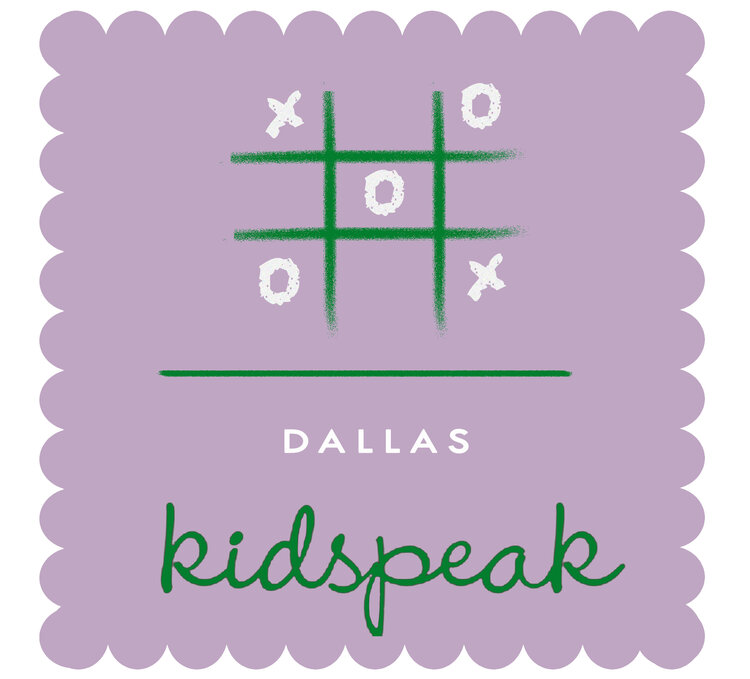“I don’t feel good.” “My tummy hurts.” “My head hurts.” If you are a parent, these are all too familiar words. However, if your child has a language delay, language disorder or autism, these may be words you wish to hear, as it can be very difficult for our kids to express how they are feeling when they feel “good” and even more difficult when they “don’t feel good”. Today we want to share a few ideas for when your child feels “good” to help them when they “don’t feel good.”
Read More“Point to your nose.”
“Where are your eyes?”
“Show me your feet.”
How many of you have heard one or all of these commands at your child’s doctor’s office or therapy office? These are very common commands that fall on most developmental checklists and standardized tests for language and communication. How many times a day does someone ask you, “Where are your feet?” or “Show me your toes?”…..never. Often therapists work on learning body parts within these direct commands because that's how they are tested on standardized tests. Today we are going to provide you with a variety of fun ways to work on your child learning their body parts through music, play, weather routines and their daily activities.
Read MoreBeing a “speech therapist turned mommy”, one of my favorite things is chatting with other new moms about life with a little one and also answering any questions about child development. One thing I have come across is that many parents are under the impression that you can’t “work on” speech and language until the kids are older and able to “sit and do work”. Oh the contraire! You are able to “work on” speech and language from birth, it just doesn’t manifest in the form of “work” but as a way of life and a way of interacting with your child. Sure, many children pick up on things on their own and develop speech and language skills naturally, but that doesn’t mean you can’t foster even better understanding and communication. This will help set them up to succeed at a younger age and will encourage even better social skills with peers which is very important for play dates, daycare, preschool, Kindergarten, their overall social-emotional development and LIFE in general. Here are six simple ways to work on speech and language with a baby, toddler or preschooler and you don’t have to gather a million materials or break the bank!
Read MoreGames are not only fun for all children and the whole family, but they address important developmental skills. Just to name a few:
-Joint attention
-Watching others and social awareness
-Turn-taking
-Waiting
-Sharing
-Visual-spatial skills
-Increased vocabulary
-Conversation skills
-Early math skills
-Early literacy skills
-Other academic concepts like colors and shapes
-Body-space awareness
-Sequencing skills
-Fine motor skills
-Hand-eye coordination
-Early problem solving and strategy skills
-Early predicting skills
-Lots more!
Read MoreWe use calendars within the majority of our therapy sessions. When they are little we work on them understanding the days of the week, months of the year, today, tomorrow, yesterday and more. You can find out more on how we teach these to our little ones in an upcoming blog “Teaching Temporal Concepts in a Fun Way” (keep a look at out it will be out soon)!
But for today’s blog we want to focus on how we use calendars for our older kids to focus on past events, theory of mind skills, perspective taking skills, social memory and more. Once again, you can complete this activity at home, in therapy and even at school.
Read More




